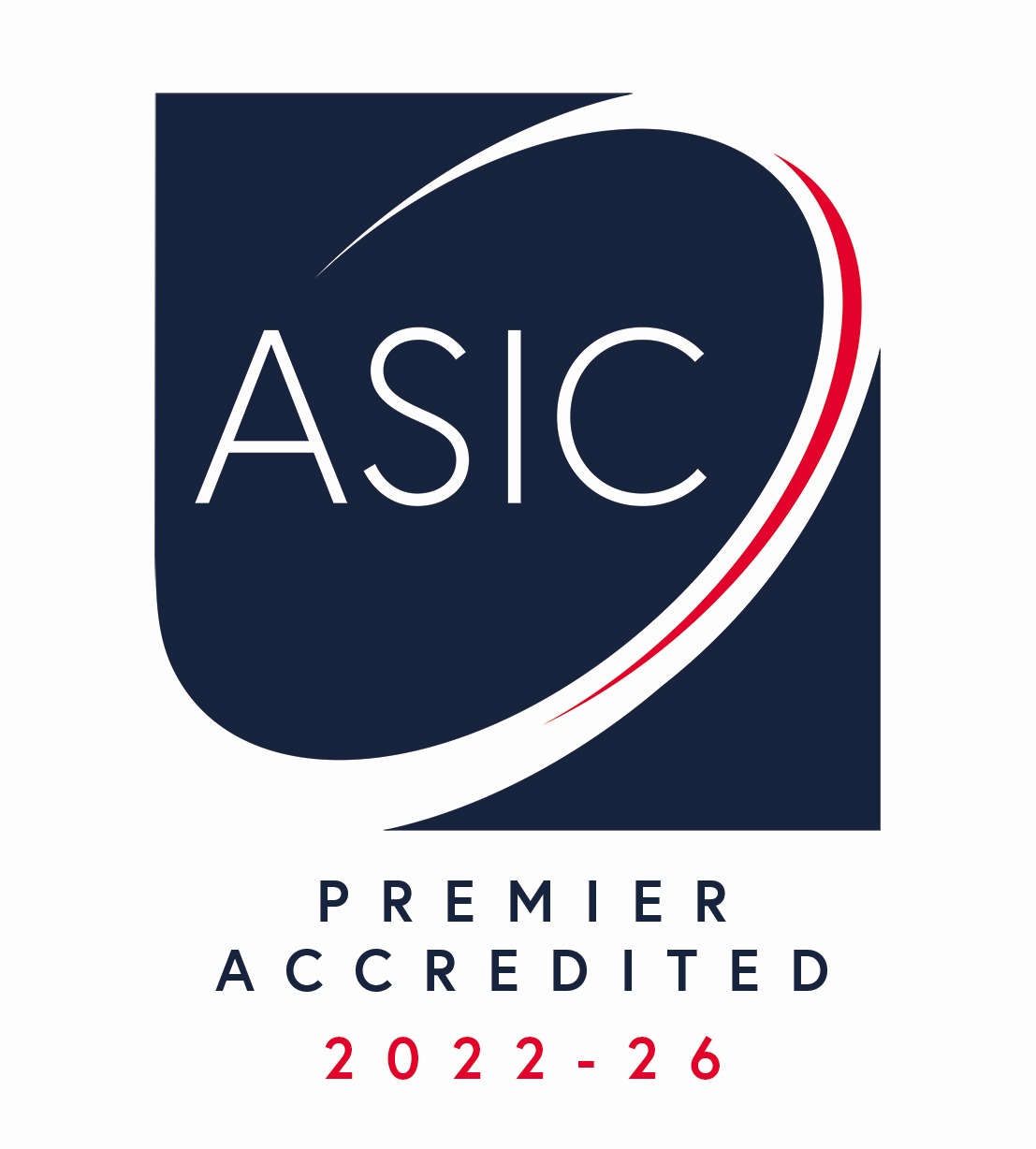Assessing the influence of climate and land use/land cover changes on groundwater levels in arid and semi-arid regions: a geoinformatics-based machine learning approach in the Iraqi Kurdistan Region
Abstract
Changes in climate and land use/cover (LULC) become serious challenges and have a major impact on groundwater level (GWL) depletion in various regions worldwide. This research aimed to assess the impact of climate variations and LULC shifts on GWL in the Akre district, Kurdistan region of Iraq, through a novel Geo-informatics and machine learning (XGBoost) framework spanning 1990 to 2022. Data sources included hydro-climatic measurements from TerraClimate, Landsat 5 and 8 images for LULC mapping, and GWL records were considered. Spatial analysis of hydro-climatic variables was done using simple Kriging within a GIS framework, while LULC changes over time were analyzed with a random forest classifier. The research observed significant alterations in land classes, with increases in built-up, soil, rocks areas and decreases in vegetative, agriculture and water bodies, particularly in the northern region. The climate analysis indicated rising temperatures and evapotranspiration rates alongside falling precipitation, soil moisture, and runoff levels. The XGBoost model identified annual temperature as a critical factor in GWL reduction, although climate changes had a more substantial impact than LULC alterations. The model effectively predicted GWL trends, as evidenced by high accuracy (R2 of 0.83) and AUC-ROC of 0.87) and low error metrics (RMSE of 11.7 and MAE of 14.28). The GWL for the years 2010 and 2000 were predicted based on the GWL map generated for 2022. Throughout the study period, GWL exhibited a significant decline, with an average reduction exceeding 35 m. Specifically, depletion ranged from 10 to 15 m between 2000 and 2010, followed by a more pronounced decline of 25–30 m from 2010 to 2022. This depletion was most severe in the eastern and northern areas and was primarily driven by unfavorable climatic conditions and LULC changes. These insights are vital for local policymakers and stakeholders in managing groundwater resources sustainably and formulating appropriate water extraction guidelines.
Author
Yaseen T. Mustafa
DOI
https://doi.org/10.1007/s10708-025-11374-w
ISSN
1572-9893
Publish Date: 2025-05-26

